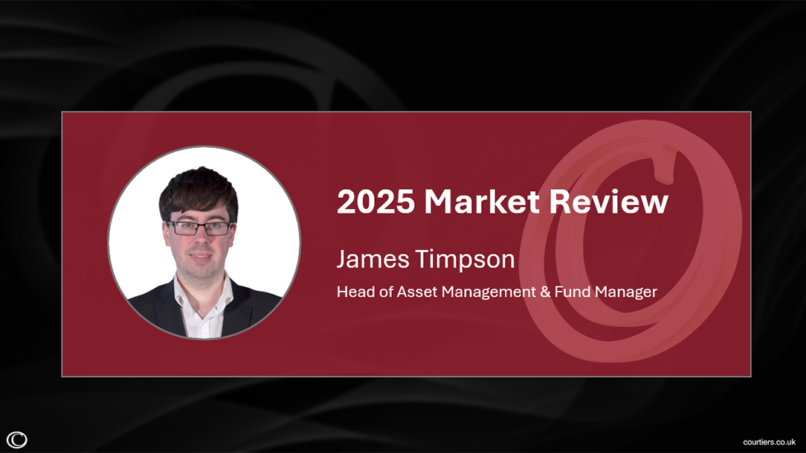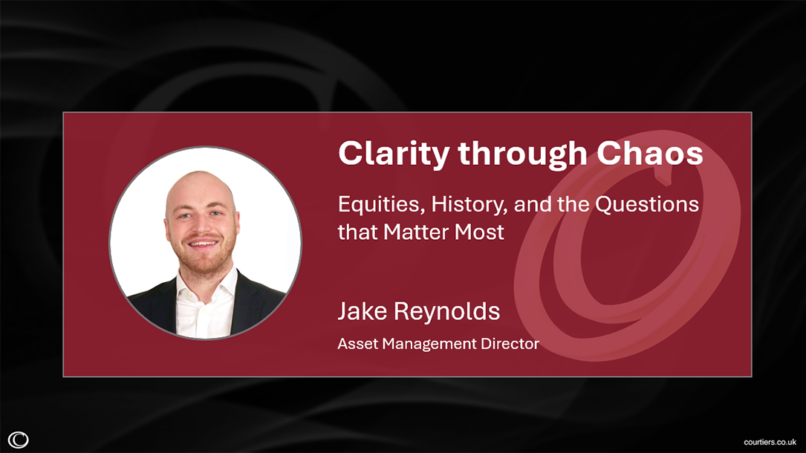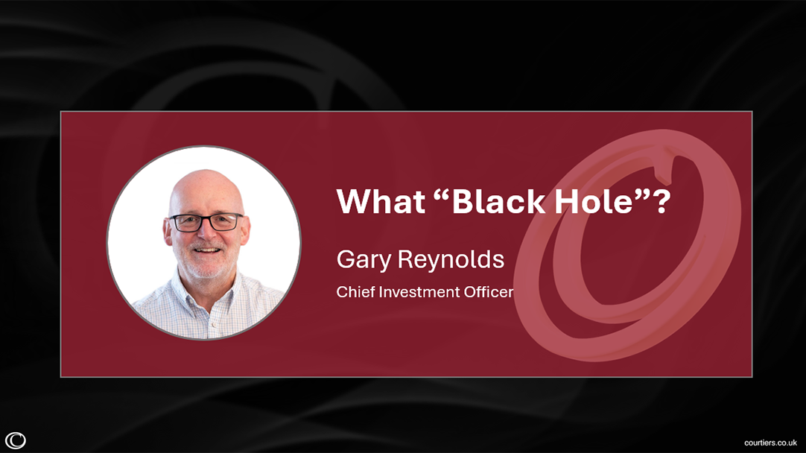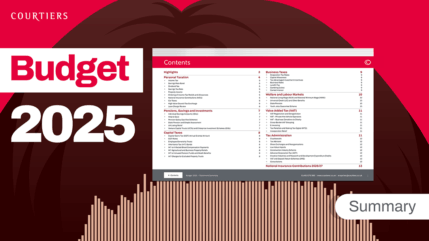When Willie Sutton was asked why he robbed banks, he replied, “because that’s where the money is”. Money attracts fraudsters, rogues and conmen, all trying to separate it from its legitimate owners.
Anyone starting a career in financial services can expect to meet a wide range of crooks and charlatans. You will meet lots of decent and honest people too, but sometimes it’s difficult to tell the difference.
Aside from the out-and-out fraudsters, investors must also look out for the incompetents. These are people that mean well but screw up. Sometimes they allocate too much to one particular type of asset, or they fail to understand the precariousness of what appears like a legitimate tax planning scheme. Or sometimes they simply invest too much in illiquid stocks and cannot pay investors back when they ask for their money. History is littered with examples of all the above and after four decades in financial services, I have come across every one of them.
So what are the tell-tale signs of a dodgy investment?
Here are five examples:
- High returns with low risk
In the world of investment returns there is no free lunch. You do not get high returns without high risk and anyone who tells you otherwise is a liar. Examples of supposedly low risk investments that failed spectacularly are Barlow Clowes (1989) and Arch Cru (2009). - Steady above average returns with abnormally low volatility
Nobody, and I mean nobody, beats the market every year. All asset managers have periods of underperformance. Bernie Madoff claimed otherwise, but in 2008 his investors found much to their cost and despair that a prolonged period of upwards-only results were a figment of Bernie’s imagination. - Magical tax breaks
Governments use tax breaks to direct capital to areas that they believe will be good for the economy. Just remember that if these schemes were attractive in the first place, then the government wouldn’t need to compensate investors with tax incentives. Enterprise schemes, enterprise zones, business expansion schemes (BES), venture capital trusts (VCTs), business property relief (BPR), film partnerships etc. are all designed to get investors to make risky investments in return for tax breaks. BEWARE! These schemes are invariably illiquid, complicated to implement and subject to reversal. The “professionals” selling you these arrangements are paid upfront to implement them and back-end to dismantle them after HMRC has deemed them ineffective. Think about whether you want to leave the difficulties of unravelling a convoluted tax scheme to your beneficiaries after you die. - Leverage
There is one thing that is consistent with every bubble in history – leverage. In other words, people borrowing money to buy a popular asset. The most notorious leverage of recent times is the US sub-prime mortgage market, which burst in 2008 with dire consequences for the global economy. The most notorious leverage of a fund was Long-Term Capital Management (LTCM). Despite being run by a team of Ph.D. qualified managers including two Nobel Prize winning economists, it failed spectacularly. As the great John Maynard Keynes said, “There is nothing so dangerous as the search for a rational investment policy in an irrational world”. The Russian debt crisis set in train a series of events that resulted in billions of dollars of losses for this “fail-safe” hedge fund. - Opaqueness
If you don’t understand why something makes money, and you can’t see through to the underlying assets, then don’t invest. Only a swindler will try to beguile you with claims that their “black box” method is just too complicated for the normal investor to understand. Enron is a first class example of this mischievousness.
Financial shenanigans have not just appeared over the last 40 years. They’ve been with us for decades. Charles Mackay’s excellent book ‘Extraordinary Popular Disillusions and the Madness of Crowds’ documents examples over hundreds of years, from the crusades to the South Sea bubble. Here are a few tips to help you stay attached to your wealth:
- Don’t be greedy – every crooked scheme plays on mankind’s desire to have something for nothing.
- Diversify – make sure that your portfolio is spread across a range of different assets and securities.
- Check them out – check the regulatory status of the organisation or investment that you are dealing with. The Financial Conduct Authority (FCA) is very helpful in this regard.
- Ask “How?” – any investment or wealth manager should be able to give you an explanation of how they will manage your money. If they tell you they can give you 6% per annum with no risk, get up and walk away. Similarly, if they can’t explain how their investment process works and try to tell you that their method is put together by highly intelligent Mensa members – and is too complicated for the ordinary person to understand – then politely, or impolitely if you prefer, refer them to Long-Term Capital Management and then tell them to “clear-off”.
- Stay liquid – check out how easy it is for you to get your money back. Any scheme that boasts enormous tax benefits will generally be illiquid. Mainstream funds can also become illiquid, as a recent example of a large and popular equity income fund has proved.
Investing is a complicated business. Not even Nobel Prize winning economists can get it right all the time and the great John Maynard Keynes, arguably the most influential economist of the last 20th century, had his investments virtually wiped out in the 1929 stock market crash. These should be salutary lessons for all of us, and a constant reminder to avoid leverage, stay liquid and diversify.













